Zamboanga City, Philippines, 14 Sya’ban 1437/22 May 2016 (MINA) – Leaders in the Philippines’ Muslim south have objected to suggestions by an ally of President-elect Rodrigo Duterte that a stalled autonomy bill for the region may be overridden by plans to introduce a federal system.
The Philippine Daily Inquirer reported Friday that the chief negotiator for the country’s one-time largest rebel group, the Moro Islamic Liberation Front (MILF), underlined that the government cannot unitarily shelve the proposed Bangsamoro Basic Law (BBL).
“It will not happen… We will continue to insist on the implementation of the peace process,” Mohagher Iqbal said Thursday.
The Bangsamoro Basic Law, was a bill deliberated upon by the 16th Congress of the Philippines which, had it passed, would have established a proposed new autonomous political entity known as the Bangsamoro Autonomous Region, replacing the current Autonomous Region in Muslim Mindanao in south Philippines.
Also Read: Pakistan Declares State of War After Car Bomb Incident
The Basic Law would have provided for the basic structure of government for the Bangsamoro Autonomous Region, and enacted the agreements set forth in the Comprehensive Agreement on the Bangsamoro, which is the peace agreement signed between the Government of the Philippines and the Moro Islamic Liberation Front in 2014.
The comments come after Pantaleon Alvarez, the incoming representative for Davao del Norte province who is Duterte’s pick for house speaker, told news broadcaster ANC that Duterte’s plan to amend the constitution to allow expanded states right would also apply to the Bangsamoro region.
He insisted that “the BBL will be absorbed by the federal form of government, because the concept of the proposed law is the same with the federal form of government”.
In March 2014, the MILF signed a peace deal with the government that brought to a close 17 years of negotiations and ended a decades-old armed conflict in the country’s south.
Also Read: Jakarta Hosts Gala Dinner for World Peace Forum Delegates
However, the BBL — which would have sealed the deal but critics claimed was unconstitutional — was stalled earlier this year as Congress adjourned for campaigning for the May 9 election.
The MILF’s Iqbal insisted Thursday that the government could not set aside its deals with the front as both sides have an obligation to uphold the agreements they signed.
Giving wrong signal
Also Read: Indonesian Minister Urges Synergy Between Wasathiyah Islam and Chinese Wisdom
Duterte, a devout Catholic set to become the Philippines’ first leader from southern Mindanao island, has backed the peace process.
In late February, Duterte — who has served 22 years as the mayor of Davao City, located in Mindanao but not its majority Muslim region — visited the main MILF stronghold in Camp Darapanan in Maguindanao province.
During the visit, he discussed the failure to pass the BBL with the MILF’s vice chair for political affairs, Ghadzali Jaafar, and his proposal for a federal system under which territories would be created for the country’s indigenous peoples.
Robert Maulana Alonto, an MILF peace panel member, described Alvarez’s comments as “giving the wrong signal to the Moro people on the ground”.
Also Read: New Delhi Covered in Toxic Smog: Residents Say ‘We Can Hardly Breathe’
He warned that while many Bangsamoro people had backed Duterte and voted for him, “some politicians who are now jockeying for positions under his administration are already reversing and/or nullifying the principles that [Duterte] has committed himself to vis-a-vis the resolution of the Bangsamoro Question”.
“We welcome the establishment of federalism as the best alternative to the status quo,” Alonto told MindaNews.
“But the politicians who now want to ingratiate themselves with Digong [Duterte’s nickname] Duterte are doing so at the expense of the president-elect’s commitment to the Bangsamoro people.
“What sets apart the Bangsamoro people from the other nations comprising the Philippine State is that the Moros struggled, fought and bled to recover their right to self-determination,” he said.
Also Read: Boat Carrying 100 Rohingya Migrants Capsizes in Malaysian Waters
Amina Rasul, Philippine Center for Islam and Democracy president, also stressed that a federal form of government need not do away with the BBL.
“First, it will take time for federalism to be approved as the process for constitutional amendment cannot be rushed,” she told MindaNews. “Second, federalism does not automatically grant the genuine autonomy that the Moro liberation fronts have fought for.”
Not very distance
Also Read: Dozens Killed in RSF Drone Strike on Sudanese Village During Funeral
Meanwhile, a board of directors member at Turkey’s Humanitarian Relief Foundation, or IHH, who also serves as representative to the Moro region, told Anadolu Agency that Muslims in Mindanao sought to secure “serious gains” from the peace process.
“They have their own ‘red lines’… If the Philippine side wants concessions regarding these red lines, they will by no means accept this,” Omer Kesmen said Friday. “We think that because of the Muslims’ resolute stance, the Philippine side will have to back down.”
He also underlined that Duterte is “not very distanced” from the Muslim community.
“However, he also has a nationalist identity,” Kesman added. “We hope that the peace process will conclude in the months ahead. Both sides also want this peace to be preserved.”
Also Read: International Red Cross Calls for Safe Corridors for Civilians in Sudan
Duterte himself has said his ties with local Muslims have been cemented through the marriage of his eldest son, Davao vice mayor Paolo, to a local Muslim girl.
“I have grandchildren who are either Muslim or Christian,” the Mindanao Times reported him as saying in Jan. 2015. “Would I want to see a situation in the future where even my own grandchildren would be dragged into this conflict?” (T/R07/R01)
Mi’raj islamic News Agency (MINA)





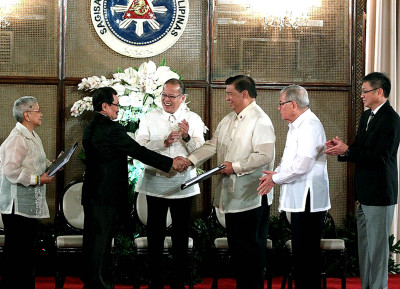

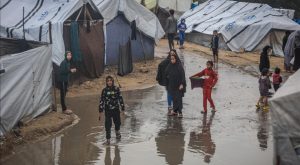
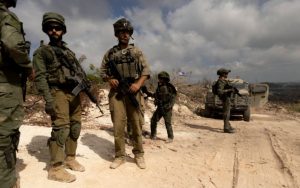
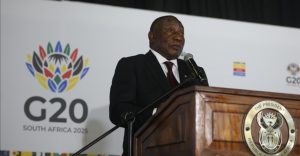
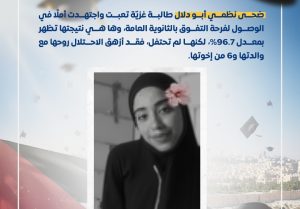

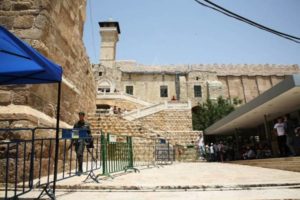
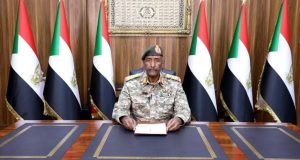
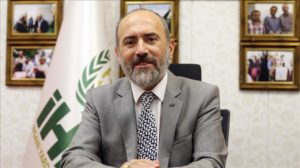
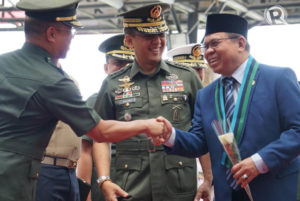
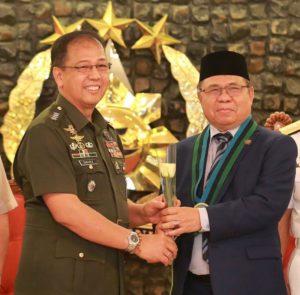
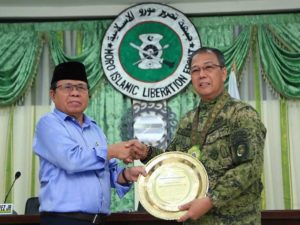
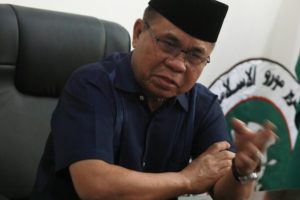
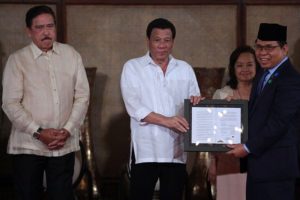











 Mina Indonesia
Mina Indonesia Mina Arabic
Mina Arabic